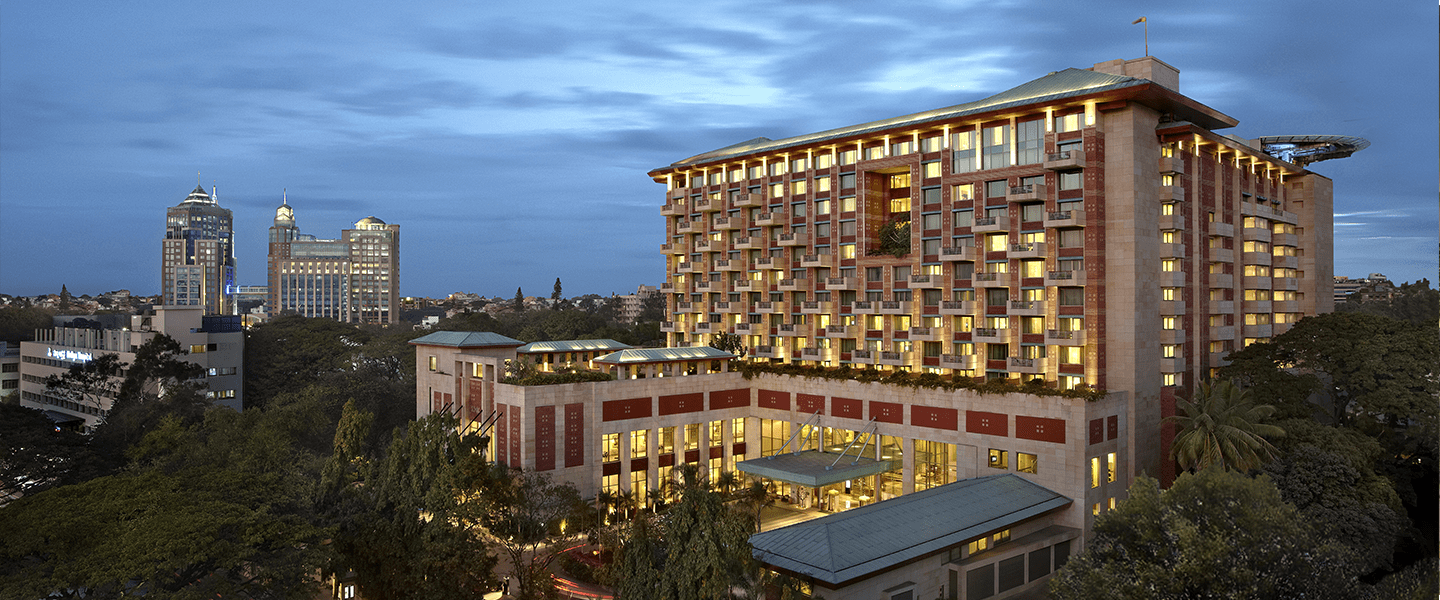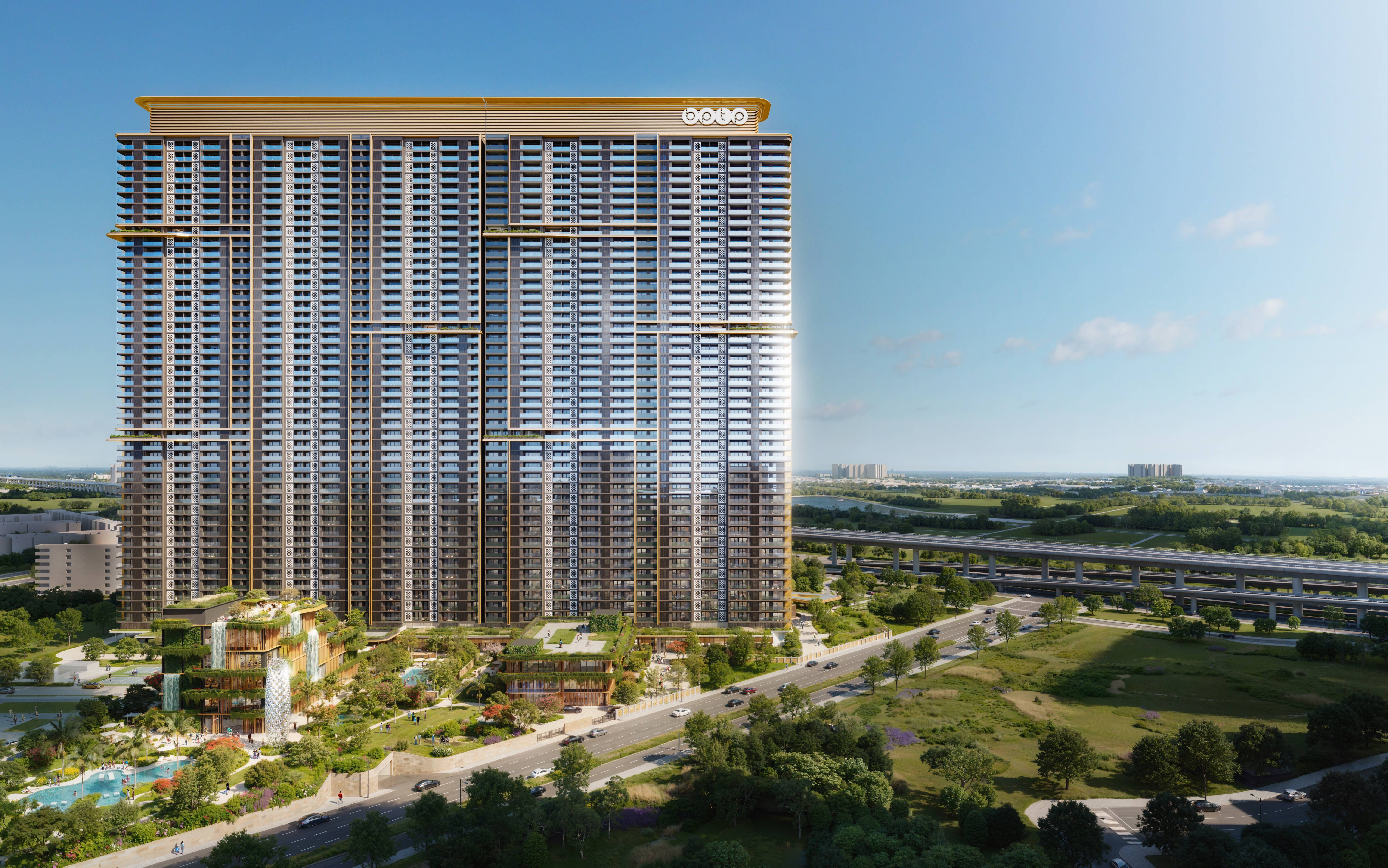Bengaluru’s e-khata initiative has revealed widespread property tax evasion worth an estimated ₹390 crore, as nearly five lakh properties were found to have misreported their details during the verification process. According to officials of the Bruhat Bengaluru Mahanagara Palike (BBMP), discrepancies include under-declaration of built-up areas and the misuse of residential tax rates for commercial properties. This marks one of the most extensive tax compliance reviews conducted by the city’s civic body.
The e-khata system, launched on October 1, 2024, was introduced to streamline property documentation and curb evasion. As of July 2025, more than 5.5 lakh final e-khatas have been issued, while draft versions for 25 lakh properties have been made available online.
The BBMP made the digital khata mandatory for all properties under its jurisdiction, requiring owners to submit multiple documents such as Aadhaar card, property sale deed, tax identification number, electricity connection (Bescom) number, and a photograph of the property. This has enabled the civic body to cross-check records with physical dimensions and actual usage.
During the ongoing verification process, the civic body has already recovered ₹500 crore in pending dues. Officials say the system has been especially effective in detecting tax irregularities in high-value commercial zones, including IT parks, malls, and office clusters where several properties were found to be paying residential tax or had never been registered for taxation. The digital database allowed BBMP to cross-reference ownership details, occupancy certificates, and land use records more efficiently than in the earlier paper-based system.
The BBMP currently estimates that it collects property taxes from only 20 lakh out of 25 lakh properties. For the financial year 2024–25, around 3.5 lakh owners did not pay their dues. This group includes approximately 1.7 lakh long-term defaulters and 1.8 lakh who missed payments during the previous year. The total arrears from these segments alone amount to ₹390 crore, according to senior officials in the revenue department.
The ongoing review is expected to raise BBMP’s total property tax collection significantly. In the current financial year (2025–26), the civic body has already collected ₹2,966 crore, which is nearly 47% of the year’s ₹6,256 crore target. Authorities expect the e-khata verification to contribute an additional ₹1,000 crore over the coming months, particularly from properties that were under-assessed or unlisted earlier.
Officials emphasise that this digital transition has made it harder for property owners to evade taxes by misrepresenting the size or use of their properties. The integration of satellite imagery, utility connections, and GIS mapping has allowed the BBMP to detect mismatches in built-up area and usage categories. In several instances, structures registered as residential units were found operating as commercial spaces such as paying guest accommodations, showrooms, or storage facilities.
In addition to revenue recovery, BBMP plans to link e-khata data with other urban planning and regulatory mechanisms. This includes coordination with the Bangalore Development Authority, Real Estate Regulatory Authority, and sub-registrar offices to maintain a unified and tamper-proof record of ownership and usage. The e-khata is also expected to simplify processes related to property transfer, legal disputes, and mortgage approvals.
Officials have said that the e-khata system is likely to improve tax compliance in the long term by reducing manual loopholes and increasing accountability. However, some property owners have raised concerns over the strict requirements and delays in issuance due to backlogs and verification hurdles. BBMP has stated it is working to clear the backlog and improve service delivery through additional staffing and online support mechanisms.









.png)